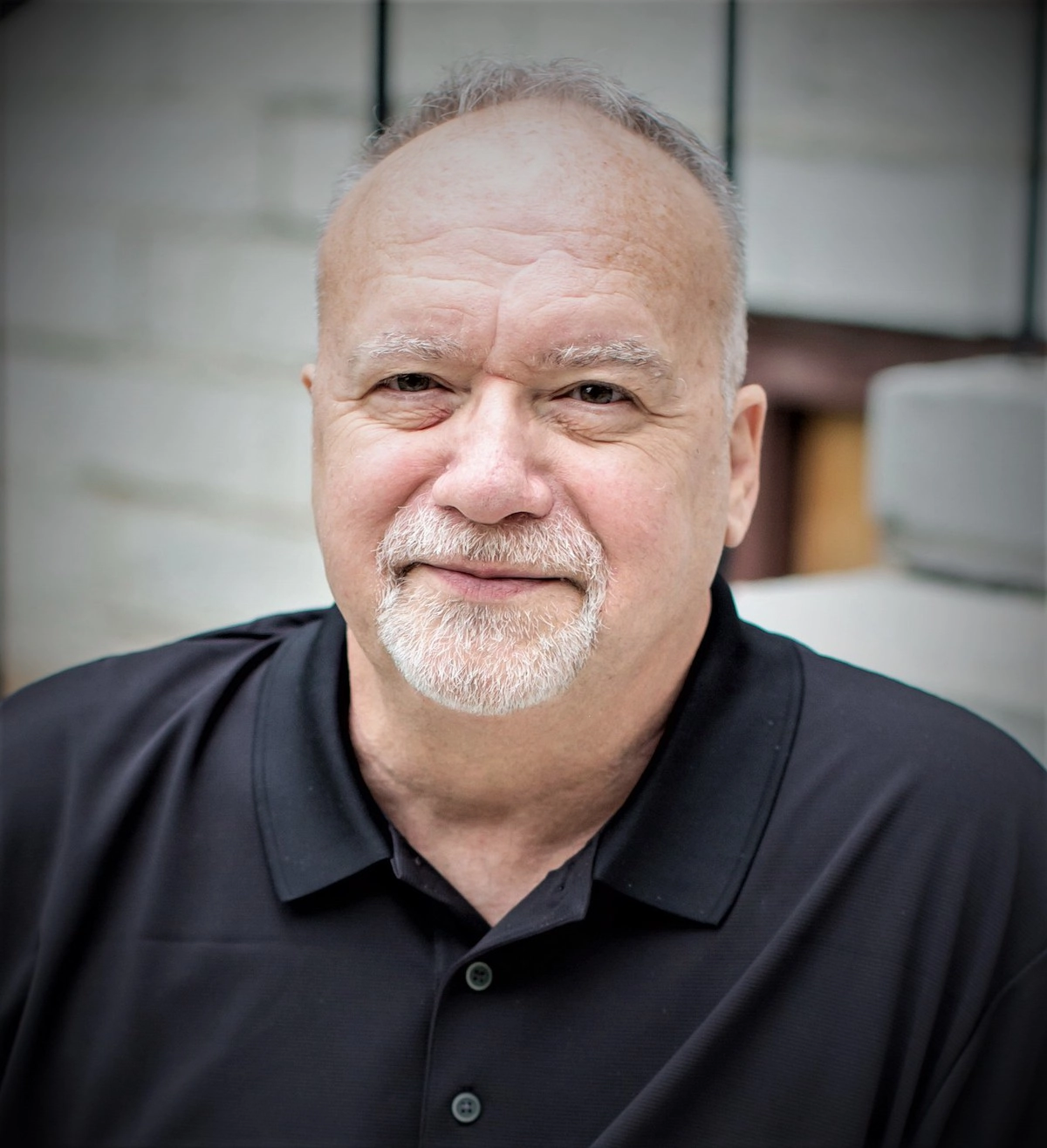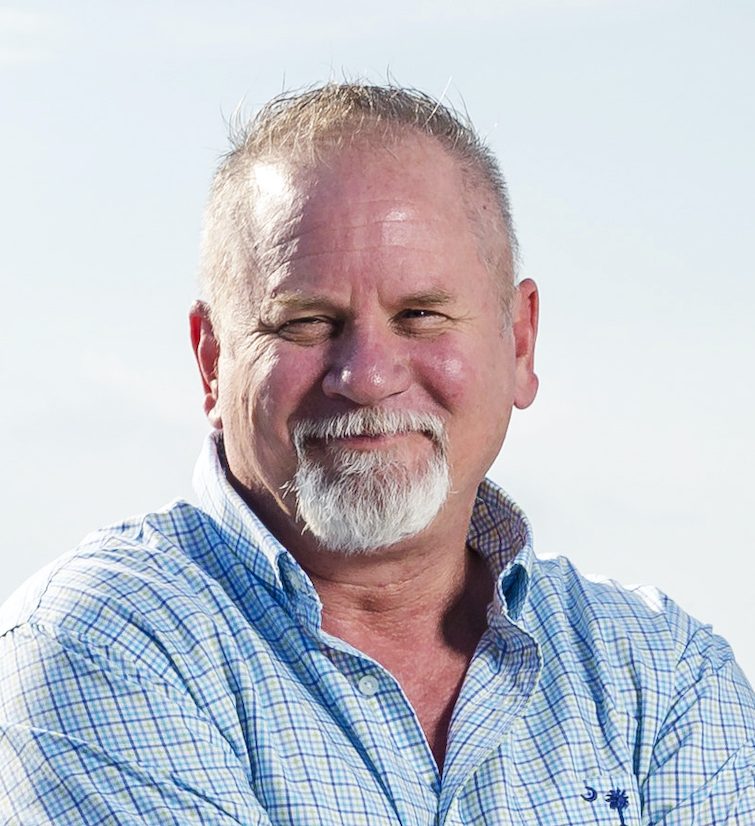It is Sunday and it is brisk. This morning I have my coffee — Honduras Honey — and a newspaper entirely focused on a forthcoming golf tournament. There is also national news about the proposed stimulus bill that seems to have money for just about everyone.
But, for me, the real news is a couple of paragraphs saying that Donald Trump has delayed any planning on a Presidential Library.
Apparently, Mr. Trump is not interested in a memorial to his presidency because, well, it’s not over. As far as he’s concerned we’ve only had Part One of the Trump Presidency.
To be honest, Trump generated few letters and fewer documents than any other President save James A Garfield who served from March to September, 1881 — a period of 7 months.
I have been to Roosevelt’s Library at Hyde Park; and Jimmy Carter’s Presidential Center in Atlanta. I wasn’t looking for any specific document, but was interested in the way each man framed his time in office. And, of course, the ship models in the basement at Hyde Park are fascinating.
All of this brings me to the recent PBS biopic on Ernest Hemingway — Ken Burns’ latest effort to help us better understand our history-makers, his effort to make sense of the complicated men and women who led larger than life-sized lives.
It is not enough these days to look at the written word, or paragraph, and say, “Damn, that’s a marvelous sentence. I wish to God I could put words like that in the mouths of the characters I create.” No, these days you’ve got to dig past the prose; past the stunning insights on fly fishing and how to insert a banderilla. In the case of Hemingway you go straight, like a Sidewinder heat-seeking missile, to the writer’s masculinity.
Hemingway’s masculinity — his love of shotguns, tequila and the killing of large African animals — is a target that is just too easy to shoot at. And so we get the suggestion that there was some “sexual ambiguity,” some androgyny, some confusion in his mind about gender.
Then we move to the allegation that he was a liar inflating his wartime experience in Italy and Spain. Then we move to the women he married and how he screwed-up each of those marriages. It is really hard to focus on his words with all of this ripe, rotting, low-hanging fruit.
But most mornings of his life he sat down, early, and thought very hard about composing a sentence.
“All you have to do is write one true sentence. Write the truest sentence you know.”
Yes, he described where to insert the sword in the neck of an exhausted, dying, dull-eyed bull, but he was better at explaining abstractions.
“Courage is grace under pressure.”
“If people bring so much courage to this world the world has to kill them, to break them, so of course it kills them. The world breaks every one and afterward many are strong at the broken places. But those that will not break it kills. It kills the very good and the very gentle and the very brave impartially. If you are none of these you can be sure it will kill you too but there will be no special hurry.”
“Never think that war, no matter how necessary, nor how justified, is not a crime.”
The vehicle for his truth-telling was not a TED-Talk; or a podcast featuring a sociologist who has learned how to synthesize her master’s thesis into a dozen bullet points. Hemingway had to put these insights into people’s mouths. Or in the narrator’s mouth.
His characters were usually white, often rich and did a lot of drinking in Pamplona and Paris. Some were women, mostly beautiful women who were penalized for their beauty. And likewise, the men of means were routinely pilloried for their diffidence or their idleness. In this context we got,
“The best people possess a feeling for beauty, the courage to take risks, the discipline to tell the truth, the capacity for sacrifice. Ironically, their virtues make them vulnerable; they are often wounded, sometimes destroyed.”
Hemingway had a duty to keep readers interested; so he built stories about bullfights; long bouts of rum drinking; unhealed, unspeakable war wounds; adultery; and, of course, death.
But that obligation — to entertain — doesn’t diminish the fact that he sat down every morning in a search some truth. He struggled to distill his life experience into “One true sentence, …”
Scott Graber is a lawyer, novelist, veteran columnist and longtime resident of Port Royal. He can be reached at cscottgraber@gmail.com.







